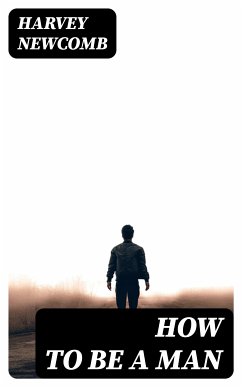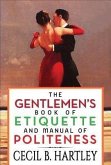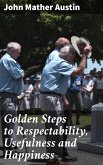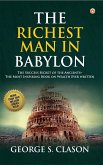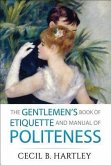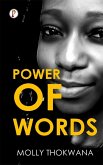In "How to Be a Man," Harvey Newcomb presents a thoughtful and practical exploration of masculinity in the 19th century, laying bare the moral, societal, and spiritual expectations placed upon men. Through an accessible yet profound literary style, Newcomb employs a blend of anecdotal evidence, personal narratives, and theological insights, crafting a guide that reflects both the ideals and challenges of male conduct in his contemporary society. It emerges as a significant text within the broader context of Victorian ethical literature, aimed at providing a framework for personal development and moral integrity among young men navigating the complexities of manhood. Harvey Newcomb (1803-1863) was a prominent American author and educator whose devout faith and dedication to improving moral education significantly influenced his writing. His firsthand experience with the cultural mores of his day, coupled with his commitment to Christian principles, informed the creation of "How to Be a Man." Newcomb's background as a preacher and his desire to cultivate an ethical society were pivotal in shaping the ideals presented in this work, reflecting the moral quandaries faced by his contemporaries. This book is highly recommended for anyone seeking an insightful perspective on traditional masculinity and moral character. Newcomb's guidance remains relevant today, offering timeless wisdom that encourages readers to engage deeply with their identity and values. Whether you are a young man on the cusp of adulthood or an educator seeking to inspire the next generation, "How to Be a Man" serves as an essential resource in understanding the essence of manhood.
Dieser Download kann aus rechtlichen Gründen nur mit Rechnungsadresse in A, B, BG, CY, CZ, D, DK, EW, E, FIN, F, GR, H, IRL, I, LT, L, LR, M, NL, PL, P, R, S, SLO, SK ausgeliefert werden.

